Accurately Diagnosing Sleep Apnea
Have you ever found yourself waking up feeling fatigued despite a seemingly full night’s sleep? The answer might lie in a condition known as sleep apnea. A common sleep disorder, sleep apnea disrupts breathing during sleep and can significantly impact one’s overall health.
At Desert Hills Dental Care, our experienced Farmington, NM sleep specialist, Dr. Charles Schumacher uses the latest technology to accurately diagnose sleep apnea.
If you’re experiencing sleep apnea symptoms, contact Dr. Schumacher by calling our Farmington dental office at (505) 427-2936.

What Is a Sleep Study?
A sleep study, also known as polysomnography, is a diagnostic test conducted to evaluate various aspects of sleep. It’s the primary method for diagnosing sleep disorders, including sleep apnea. During a sleep study, patients are monitored overnight in a sleep center, and data on their sleep patterns, brain activity, heart rate, eye movement, and other parameters are collected.
Types of Sleep Studies
There are two distinct types of sleep studies, including:
- In-Lab Polysomnography: Conducted in our Farmington sleep center, this traditional sleep study involves spending a night in a monitored room while connected to various sensors. Technicians observe and record data to assess sleep quality and detect sleep disorders.
- Home Sleep Apnea Test (HSAT): This portable alternative allows patients to conduct the sleep study in the comfort of their homes. It typically involves a simplified set of sensors to monitor airflow, oxygen levels, and respiratory effort.
Common Sleep Disorders Diagnosed With Sleep Studies
Apart from sleep apnea, sleep studies can help diagnose several other sleep disorders, including:
- Insomnia, characterized by difficulty falling asleep or staying asleep.
- Narcolepsy involves excessive daytime sleepiness and sudden episodes of muscle weakness (cataplexy).
- Restless Legs Syndrome (RLS) causes an uncontrollable urge to move the legs, often disrupting sleep.
- Periodic Limb Movement Disorder (PLMD) involves repetitive leg movements during sleep, leading to brief awakenings.
Sleep Study Process
The process of partaking in a sleep study is simple and usually involves:
- Preparation: Before the study, patients may need to avoid certain medications or substances that could interfere with the results. They’re advised to maintain their usual sleep routine.
- Arrival at the Sleep Center: Patients arrive at the sleep center in the evening, where they are greeted by sleep technicians. The setup involves attaching sensors to various parts of the body.
- Monitoring: Throughout the night, our skilled team will observe the patient’s sleep patterns, breathing, and other physiological parameters. The collected data help in identifying sleep disorders, including sleep apnea.
- Post-Study Analysis: After the study, Dr. Schumacher analyzes the data to make a diagnosis. The results guide the development of a personalized treatment plan.
Frequently Asked Questions
Can sleep apnea be diagnosed without a sleep study?
While a clinical evaluation may raise suspicions, a sleep study is essential for an accurate diagnosis. In-lab polysomnography and home sleep apnea tests are common diagnostic tools.
How long does a sleep study take?
In-lab polysomnography usually lasts a full night, while home sleep apnea tests cover one or more nights. The duration ensures sufficient data for accurate diagnosis.
What if I have difficulty sleeping during the study?
It’s normal to experience difficulty sleeping in an unfamiliar environment. However, sleep technicians can help patients feel as comfortable as possible, and the goal is to capture a representative night of sleep.
What happens after a sleep apnea diagnosis?
Treatment options vary but may include lifestyle changes, continuous positive airway pressure (CPAP) therapy, or surgical interventions. Treatment plans are tailored to individual needs.
Receive an Accurate Diagnosis at Desert Hills Dental Care
Recognizing and addressing sleep apnea prevents potential health risks and paves the way for personalized interventions. Whether choosing an in-lab polysomnography or a convenient home sleep apnea test, the journey to better sleep begins at Desert Hills Dental Care.
For a precise and accurate diagnosis, schedule a consultation with Dr. Schumacher by calling our Farmington, NM, sleep center today at (505) 427-2936. Dr. Schumacher is dedicated to enhancing the sleep quality of New Mexico patients in Bloomfield, Aztec, Upper Fruitland, and Farmington.
